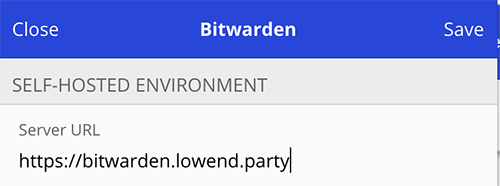
LastPass and Bitwarden are two of the best password managers on the market - they’re both highly secure, feature-rich, and offer excellent free plans as well as low-cost premium plans for individuals and families. LastPass is secure, very easy to use, and comes with extras like password auditing, multiple recovery options, emergency access, and encrypted storage. 🥇 LastPass - Winner in Basic Features, Extra Features, Ease of Use, and Customer Support.

Often they don’t ask for reauthentication to use a stored password, unlike most dedicated password managers-and that can be a security hazard on a shared device. Even if you secure your account with two-factor authentication (and you absolutely should if you’re storing passwords in it!), Google, Apple, or Firefox tend to be more lax about accessing passwords from a device that’s logged in. The one primary downside to using your Google, Apple, or Firefox account to store passwords is that they’re not as tightly safeguarded as with a third-party service. Microsoft’s password manager in Edge can also be worth a look for people deeply enmeshed in the Windows ecosystem.Ĭommitting to Apple and iCloud Keychain? Follow these tips on how to set it up and make the most of it. We advise choosing Google or Firefox for the widest reach across devices, and Apple if you own both MacOS and iOS devices (and don’t plan to leave). Apple also shares Firefox’s commitment to privacy, but it’s the hardest platform to leave, as the company doesn’t provide an easy method to export passwords. Google probably will appeal to most people, as Chrome is ubiquitous, but those who worry about data privacy can instead turn to Firefox and its pledge to not sell your data. Of course, you will lock yourself into those ecosystems by doing so, but if you live your whole life within those waters already, you won’t be bothered by that fact.

If you’re going to choose a browser-based password manager, Firefox is one of the best options among the bunch.


 0 kommentar(er)
0 kommentar(er)
